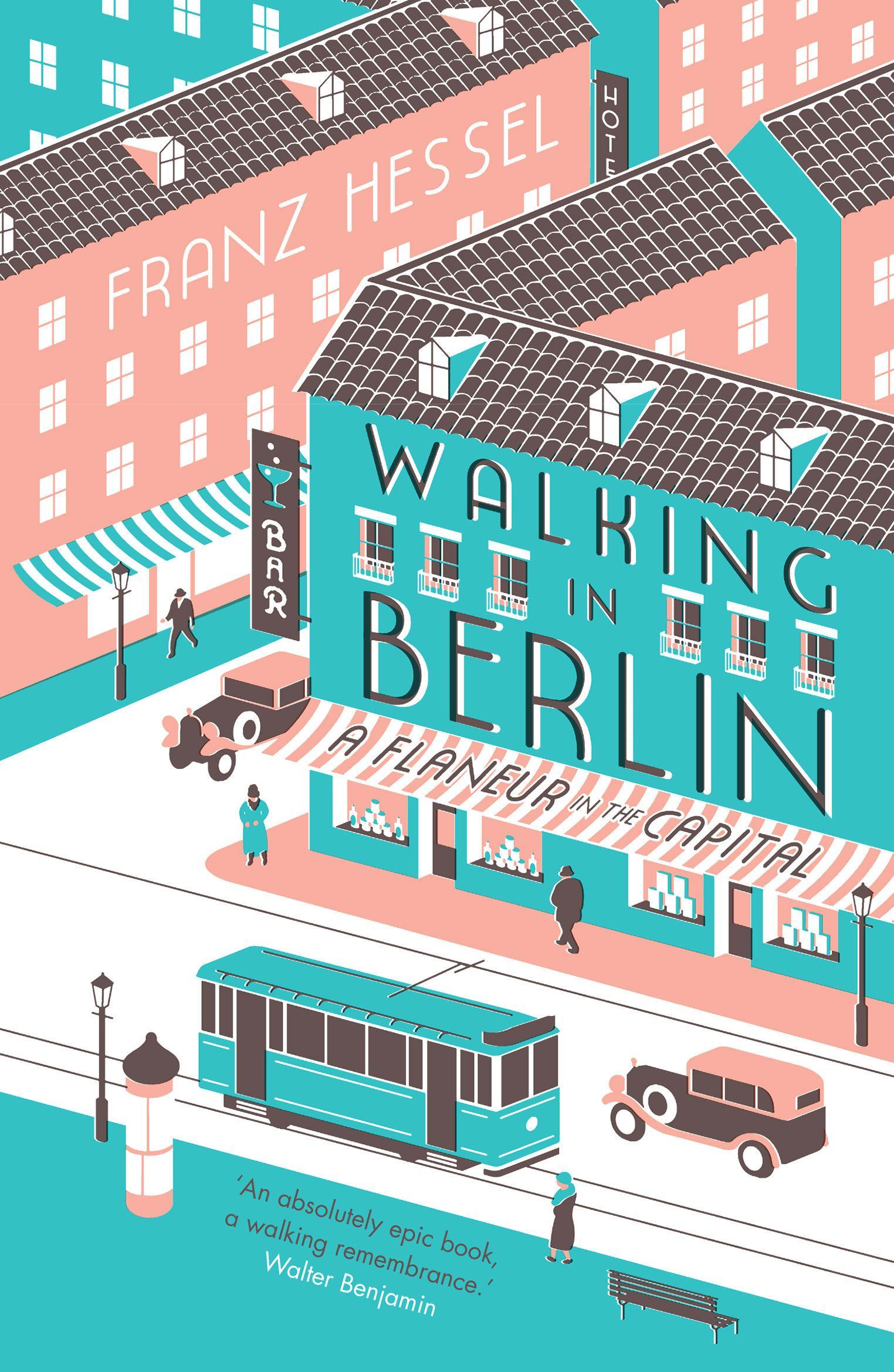Walking In Berlin by Franz Hessel, book review: It captures a portrait of a city on the brink of irrevocable change
Franz Hessel's ‘Walking in Berlin: A Flaneur in the Capital’ documents the city in the late 1920s

“Walking down bustling streets is a particular pleasure,” begins “The Suspect”, the first piece in Franz Hessel’s Walking in Berlin, elegantly translated by Amanda DeMarco. “But my dear fellow citizens of Berlin don’t make it easy, no matter how nimbly you weave out of their way.” Those observing this watching wandering are suspicious – is he a pickpocket? “Around here, you have to have purpose, otherwise you’re not allowed,” Hessel explains when it comes to the “quieter outlying districts” of the city. “Here, you don’t walk, you walk somewhere. It’s not easy for the likes of me.”
Hessel is a flâneur, a figure the trajectory of whom we can trace through Edgar Allen Poe’s “man of the crowd” walking the streets of London in the 1840s, through the boulevards and arcades of Baudelaire’s Paris, to Hessel’s Berlin in the 1920s. It is what we might today describe as a series of interconnected essays, each piece in the volume recounts, in precise detail, a particular walk (or drive) through a different area of the German capital. Collected together, an immersive topography of the city takes shape.
I’m not the first to note the slightly surprising absence of any real negative political commentary in the work, discussions of growing social unrest or the dark shadow of the years to come, all of which the Jewish author will experience the worst of first-hand, incarcerated in an internment camp, from which he was released shortly before his death in early 1941.
That said, the role of the flâneur is that of detached observer – he watches, he describes, but he doesn’t pass comment or get involved. This is precisely what sets him apart from those around him. Walking in Berlin might not provide us with the most biting social commentary but nevertheless it still captures a portrait of a city on the brink of irrevocable change.
Hessel’s own character also comes into play here too – it’s clear that he’s drawn to the hedonism of the city that has since captured the public imagination when it comes to Weimer-era Germany. Reading his description of the city’s colourful nightlife in “Lust for Life”, the bright, geometric-inspired images of Kirchner spring to my mind. Hessel tells of opulent restaurants and “ballrooms” where a gently transgressive revelry unfolds: “Sometimes the girls are dressed, in a more or less pleasant manner, as men, and the lads as ladies. Over times their appetites, once a bold protest against the dominant moral laws, have become a rather harmless pleasure, and visitors who like to dance with the opposite sex are also allowed into these mellow orgies.”
Reading the book now, the horrors of the 1930s and 1940s hang heavy over the text, but at the time of writing Hessel was both detailed chronicler of the present, and a man keenly aware of the city’s history: “a true laudator temporis acti (one who praises times gone by)”. Apt then that Walking in Berlin now joins this historical hall of fame. As Walter Benjamin himself praised it: “An absolutely epic book, a walking remembrance.”
Walking in Berlin: A Flaneur in the Capital by Franz Hessel (Scribe, £12.99)
Join our commenting forum
Join thought-provoking conversations, follow other Independent readers and see their replies
Comments